El Salvador’s controversial crackdown on gangs
Populist president Nayib Bukele accused of human-rights violations after mass imprisonment
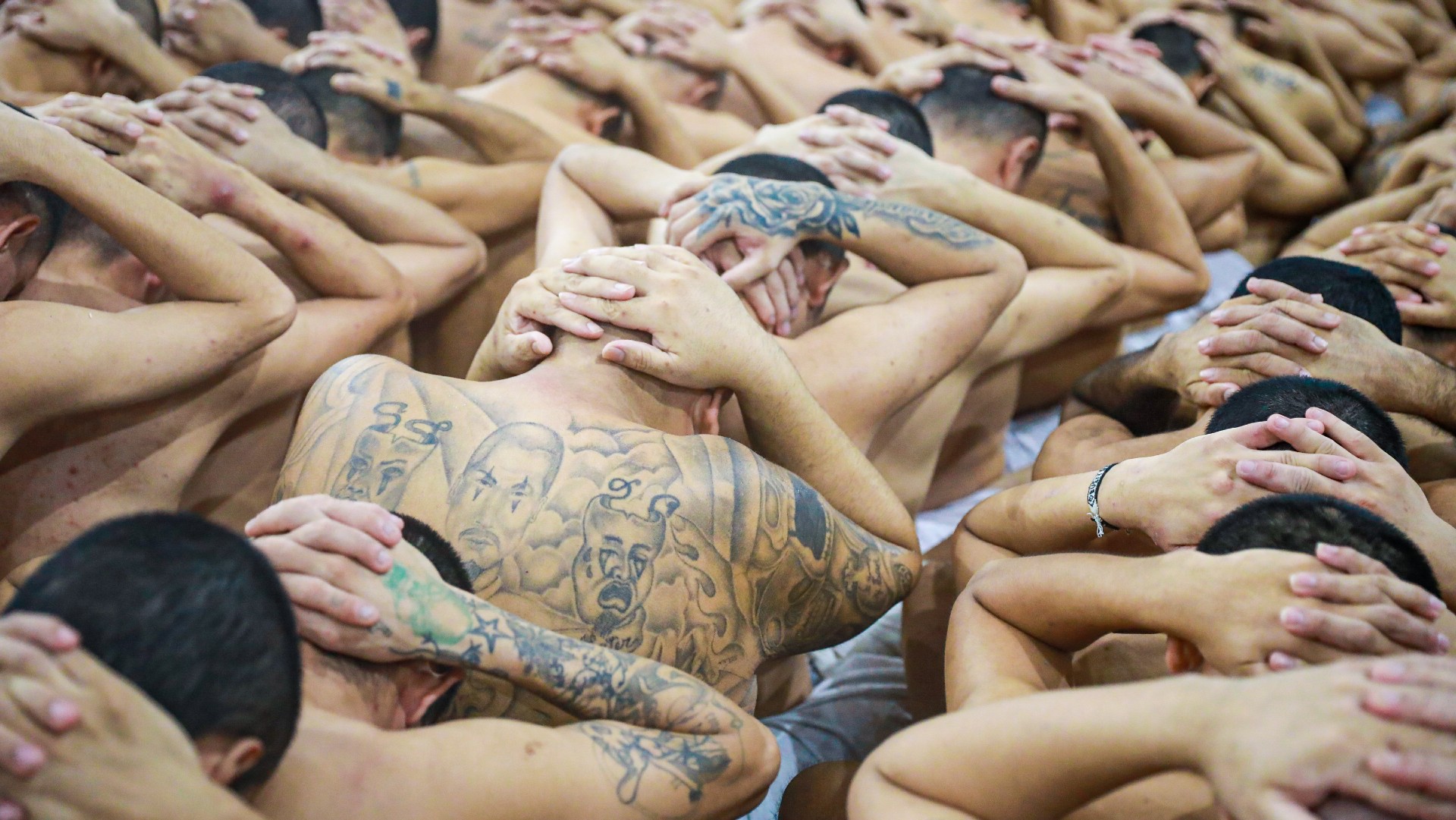
A free daily email with the biggest news stories of the day – and the best features from TheWeek.com
You are now subscribed
Your newsletter sign-up was successful
Human rights groups may be raising the alarm over El Salvador’s brutal crackdown on gang violence, but the policy is winning huge support for the country’s young president both at home and abroad.
Since March last year, President Nayib Bukele has held the Central American country in an extended state of emergency and thrown large swathes of the population into prison, as part of his war against the notorious criminal gangs that “had made El Salvador one of the deadliest countries in the world per capita”, said the Financial Times (FT).
The world’s former murder capital now has the world’s highest incarceration rate, said The Wall Street Journal – “almost double that of the US”. More than 71,000 people have been arrested – about 7% of the country’s male population aged 14-29, according to The Economist. “Anyone suspected of ties to a criminal gang can be thrown into a crowded jail indefinitely”, with little evidence or due process.
The Week
Escape your echo chamber. Get the facts behind the news, plus analysis from multiple perspectives.

Sign up for The Week's Free Newsletters
From our morning news briefing to a weekly Good News Newsletter, get the best of The Week delivered directly to your inbox.
From our morning news briefing to a weekly Good News Newsletter, get the best of The Week delivered directly to your inbox.
This week, Bukele claimed on Twitter: “We turned the world’s murder capital into the safest country in Latin America”. But human rights groups say that thousands of innocent people have been wrongly imprisoned, and have raised concerns over torture, forced disappearances and Bukele’s increasingly authoritarian grip on power.
What is the background?
The crackdown was “prompted by a bloody killing spree by gangs” in March last year, said CNN, in which 92 people died. On 27 March, there were 62 murders in a single day, “the deadliest day on record since the country’s civil war ended”, said The New York Times. The notorious Mara Salvatrucha (MS-13) gang was blamed.
Bukele asked the Legislative Assembly (in which his party, Nuevas Ideas, has held a two-thirds majority since 2021), to declare a 30-day state of emergency. This suspended various constitutional rights, even allowing prosecutors to jail children aged 12 and above. It has been repeatedly extended ever since.
According to a joint report by the Human Rights Watch (HRW) organisation and Cristosal (a Salvadoran rights group) in December, the state of emergency has allowed widespread human-rights violations, including torture, forced disappearances and deaths in custody, the circumstances of which “suggest state responsibility”.
A free daily email with the biggest news stories of the day – and the best features from TheWeek.com
The campaign of “mass, indiscriminate arrests” has led to the detention of hundreds of people “with no apparent connections to gangs’ abusive activity”, said HRW, often for long periods of time in harsh conditions and without trial.
Bukele “glories in brutality”, said The Economist, “tweeting photos of suspects cuffed, half-naked and packed tighter than battery hens”.
Last month, justice minister Gustavo Villatoro said he would allow up to 900 people to be prosecuted at the same time. These “Kafkaesque trials”, said El Pais, “would undermine access to justice for victims of gang violence, hinder the release of innocent people, and violate due process guarantees”.
Has it worked?
El Salvador’s homicide rate has fallen from a peak of 106 per 100,000 inhabitants in 2015, to 7.8 in 2022, said The Wall Street Journal – “well below some major US cities”. Going by homicide data, said Unherd, there is now “good reason” to believe Bukele’s claims that El Salvador is in fact the “safest country in Latin America”.
While analysts dispute how much can be credited to Bukele, “he can surely claim some”, said The Economist. But “his scrapping of due process carries costs that will outweigh these benefits”.
Bukele’s crackdown has pushed the country down the Freedom in the World index from “free” to “partly free”, with the report citing corruption that undermines democracy and the rule of law.
The peace may not hold: in the past, gangs have “benefited from policies of mass incarceration by using prisons to recruit new members”, said Human Rights Watch, and strengthening bonds behind bars.
“When massive rights violations become commonplace, it’s very rare for this to result in lasting peace,” Noah Bullock, executive director of Cristosal, told Al Jazeera.
What has the response been?
Bukele is “highly undemocratic, highly abusive – and highly popular”, wrote Juan Pappier, acting Americas deputy director for Human Rights Watch, for El País.
About 93% of Salvadorans endorse his presidency, according to a recent report: one of the highest rates in the world. In June, a poll by Salvadoran think tank Fundaungo reported that 53% of respondents had a positive view of the state of emergency. Only 9% had a negative view. About 40% of respondents said that crime reduction was the greatest achievement of Bukele’s tenure.
The crackdown has bolstered Bukele’s bid for re-election in 2024, despite a long-standing interpretation of the Constitution that forbids leaders serving a second continuous term. “The way the rules [of the Constitution] were redefined has raised fears Bukele could cling on beyond one more term,” said the FT.
Latin American politicians are praising Bukele. In Peru, “there is talk of building a monument in his honour”, said the Los Angeles Times. In Honduras and Ecuador, “leaders have copied his draconian security policies”, while in Chile, Costa Rica, Colombia and Guatemala, “citizens have taken to the streets calling on their own governments to embrace his extreme strategies”.
The “brash young autocrat has won legions of fans” throughout the continent, and the criticism by human rights advocates “seems to only feed his cult-like status as a renegade willing to get things done, whatever the cost”.
Bukele’s security model “threatens democratic institutions in the region”, said El Pais. “His methods are ripe for copying anywhere with high crime and weak institutions,” said The Economist, and could “tip such places into autocracy”.
Harriet Marsden is a senior staff writer and podcast panellist for The Week, covering world news and writing the weekly Global Digest newsletter. Before joining the site in 2023, she was a freelance journalist for seven years, working for The Guardian, The Times and The Independent among others, and regularly appearing on radio shows. In 2021, she was awarded the “journalist-at-large” fellowship by the Local Trust charity, and spent a year travelling independently to some of England’s most deprived areas to write about community activism. She has a master’s in international journalism from City University, and has also worked in Bolivia, Colombia and Spain.
-
 The environmental cost of GLP-1s
The environmental cost of GLP-1sThe explainer Producing the drugs is a dirty process
-
 Greenland’s capital becomes ground zero for the country’s diplomatic straits
Greenland’s capital becomes ground zero for the country’s diplomatic straitsIN THE SPOTLIGHT A flurry of new consular activity in Nuuk shows how important Greenland has become to Europeans’ anxiety about American imperialism
-
 ‘This is something that happens all too often’
‘This is something that happens all too often’Instant Opinion Opinion, comment and editorials of the day
-
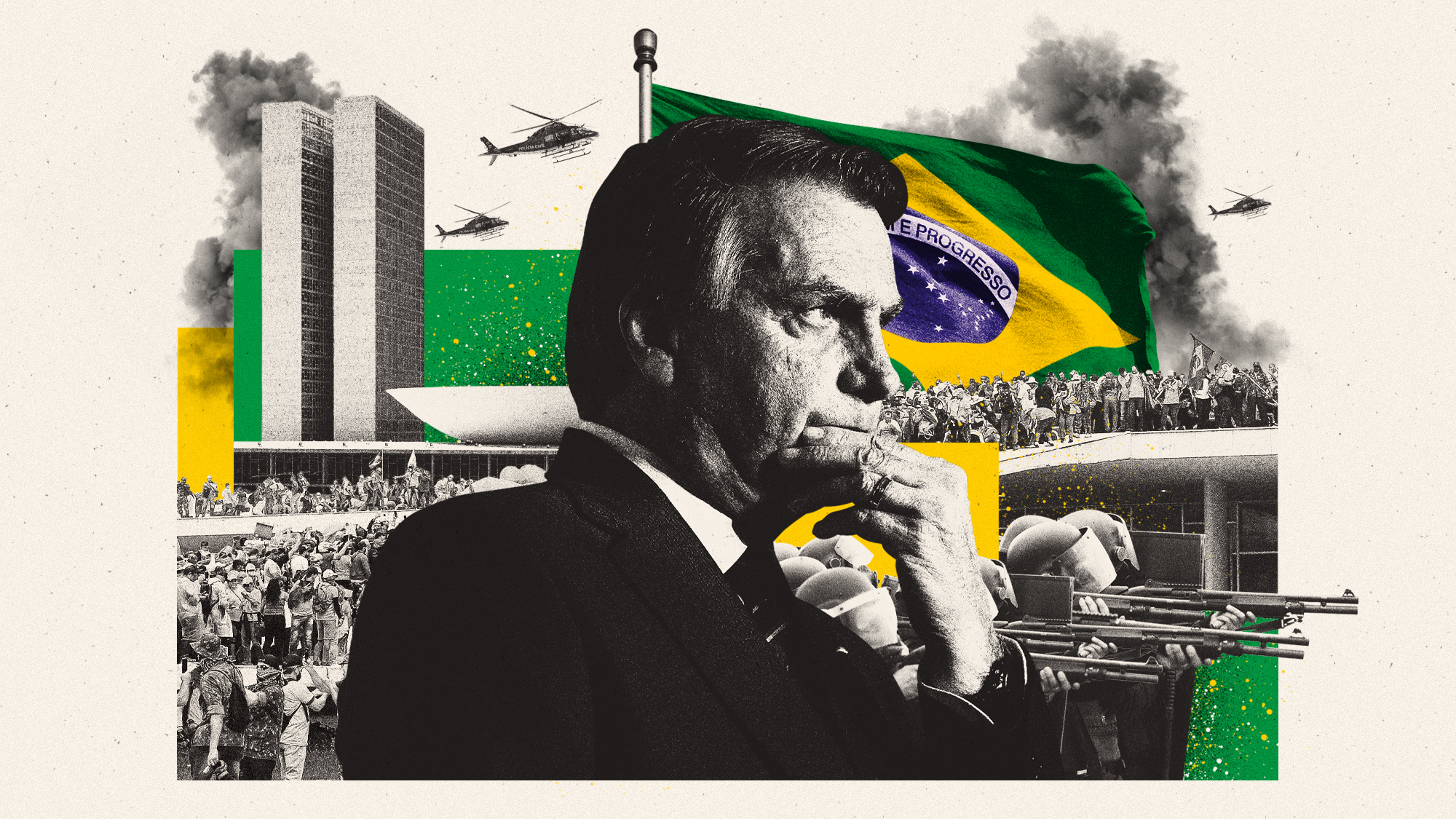 The trial of Jair Bolsonaro, the 'Trump of the tropics'
The trial of Jair Bolsonaro, the 'Trump of the tropics'The Explainer Brazil's former president will likely be found guilty of attempting military coup, despite US pressure and Trump allegiance
-
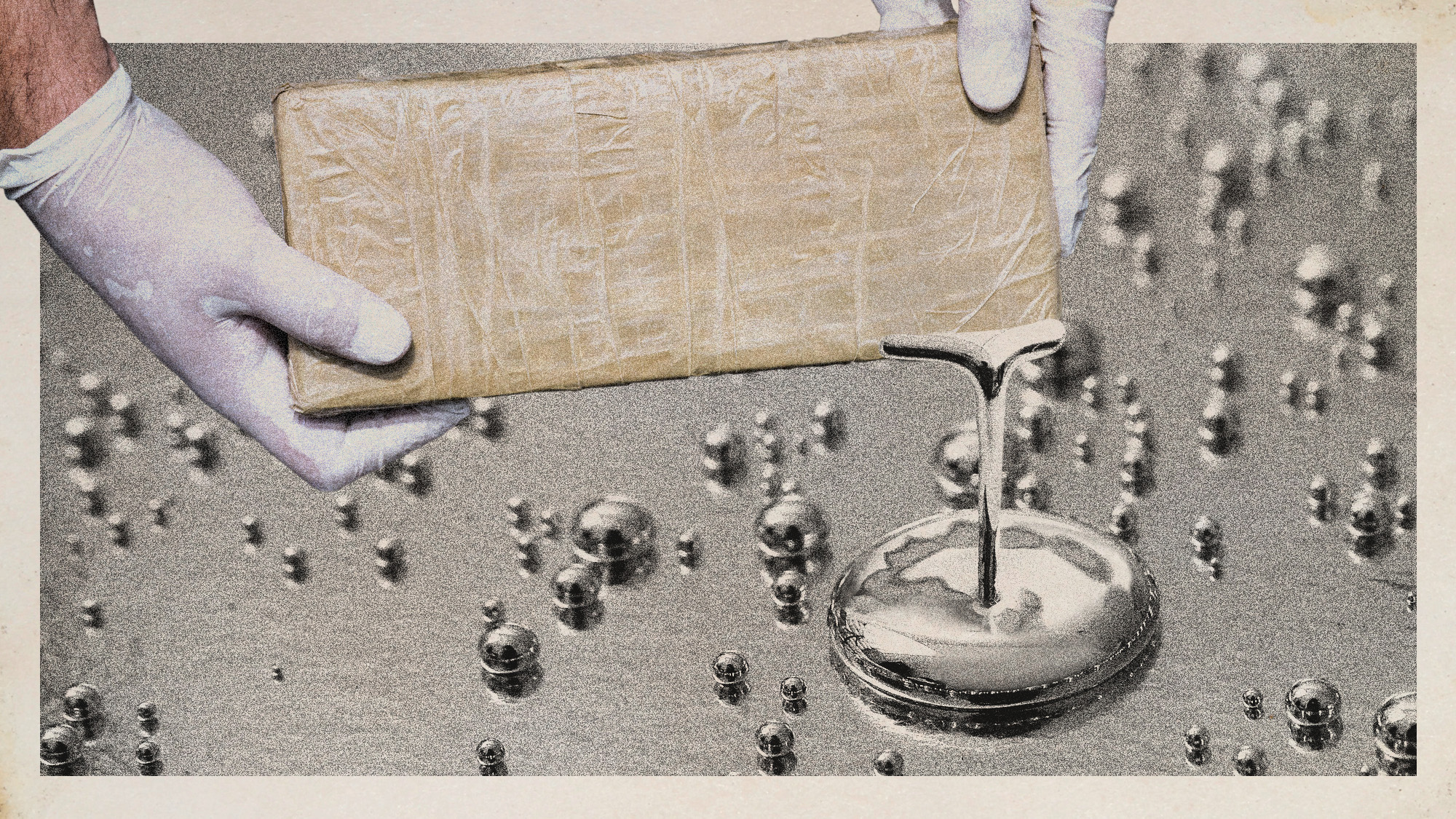 Illicit mercury is poisoning the Amazon
Illicit mercury is poisoning the AmazonUnder the Radar 'Essential' to illegal gold mining, toxic mercury is being trafficked across Latin America, 'fuelling violence' and 'environmental devastation'
-
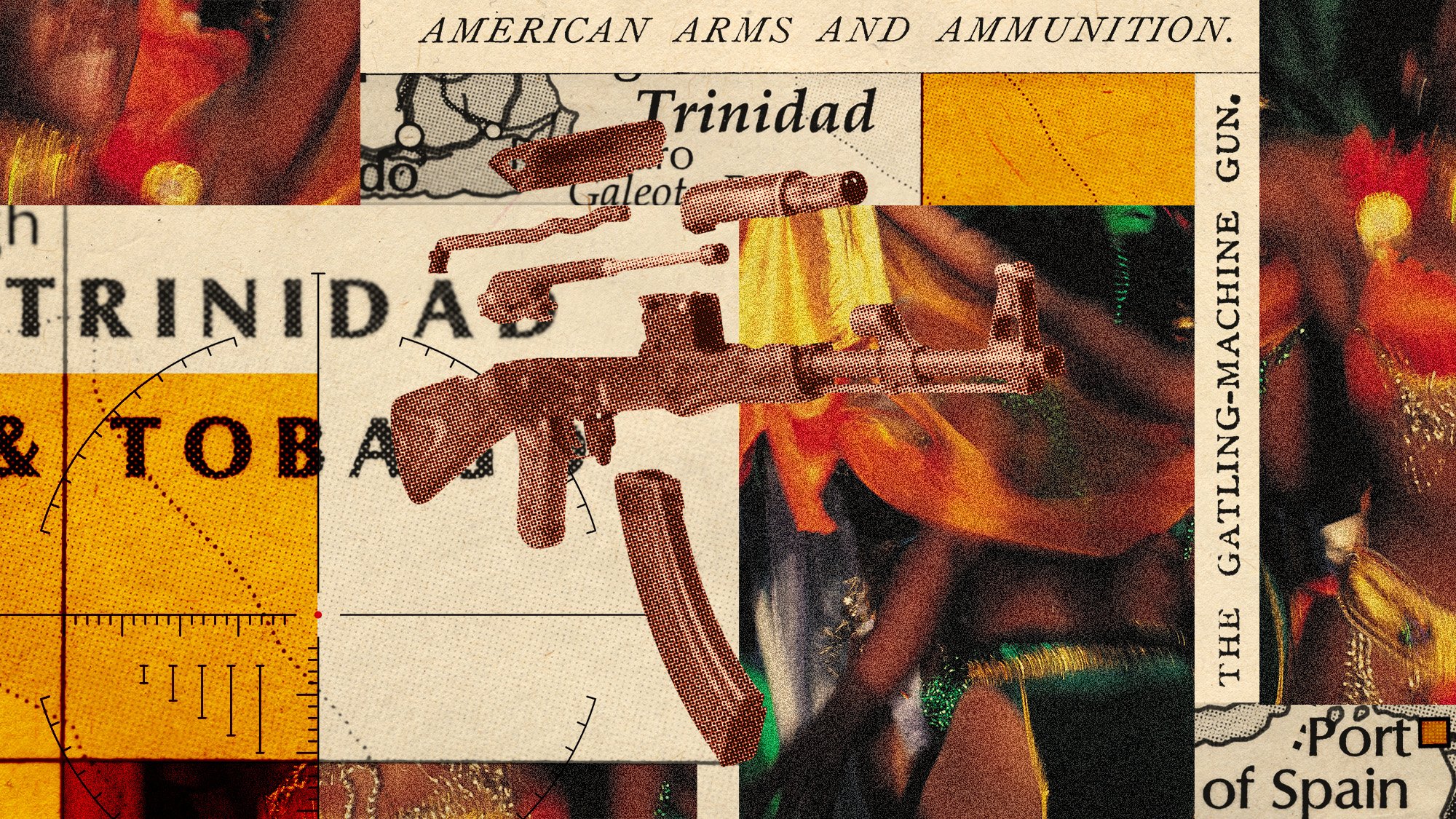 Trinidad and Tobago's murder emergency
Trinidad and Tobago's murder emergencyUnder the Radar Gang violence in the Caribbean island nation has seen murder rates soar to unprecedented levels
-
 Haitian gangs massacre hundreds accused of 'witchcraft'
Haitian gangs massacre hundreds accused of 'witchcraft'Under the Radar Vodou practices blamed for gang leader's son's illness, as elderly are hacked to death in Port au Prince
-
 Inside Marseille's deadly drug wars
Inside Marseille's deadly drug warsThe Explainer Teenage hitmen recruited through social media are lured by money and gang 'brand'
-
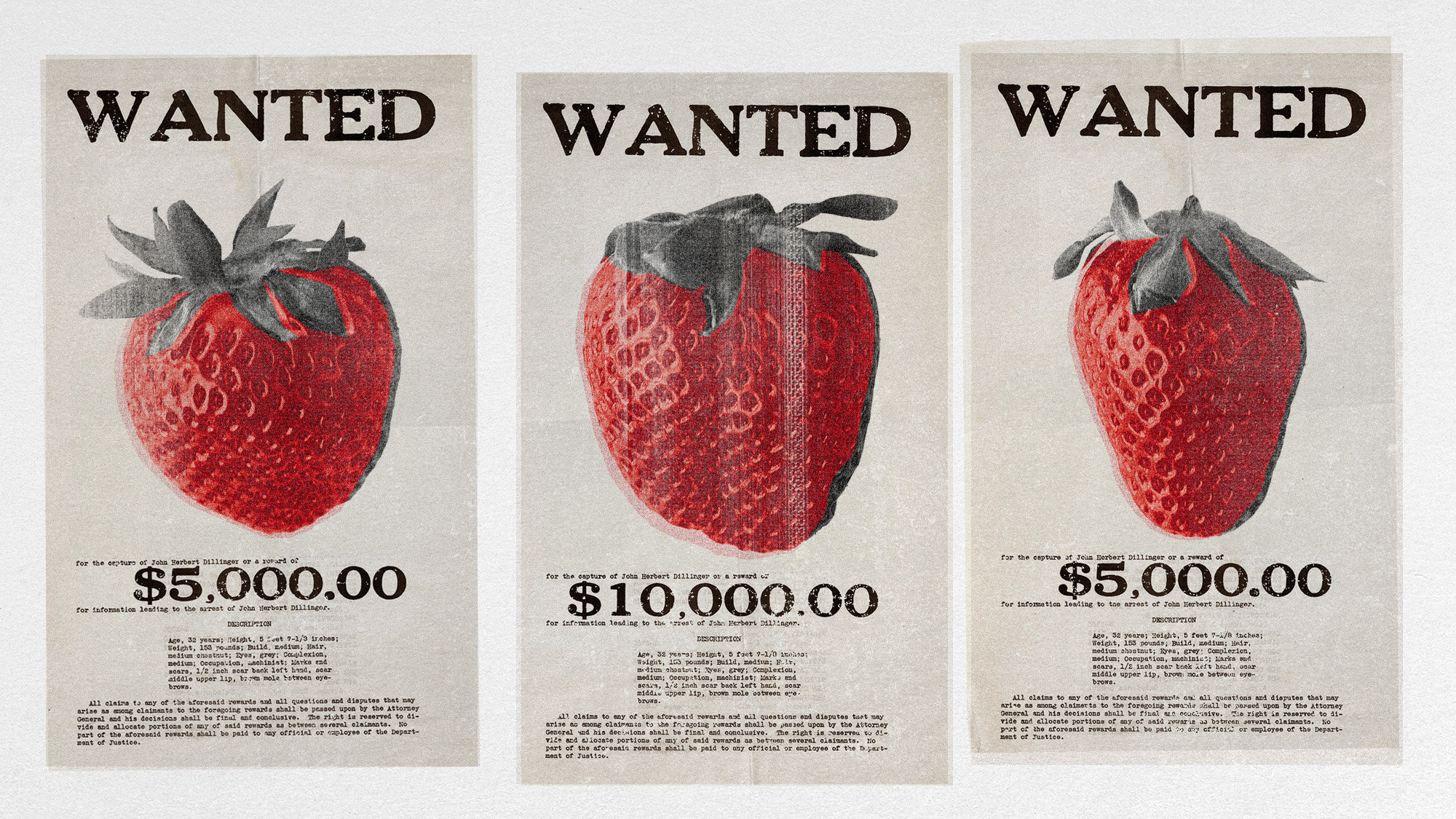 How strawberries are funding crime in Sweden
How strawberries are funding crime in SwedenUnder the Radar Police say illegal fruit sales turn over 'billions' of kronor a year for gangsters
-
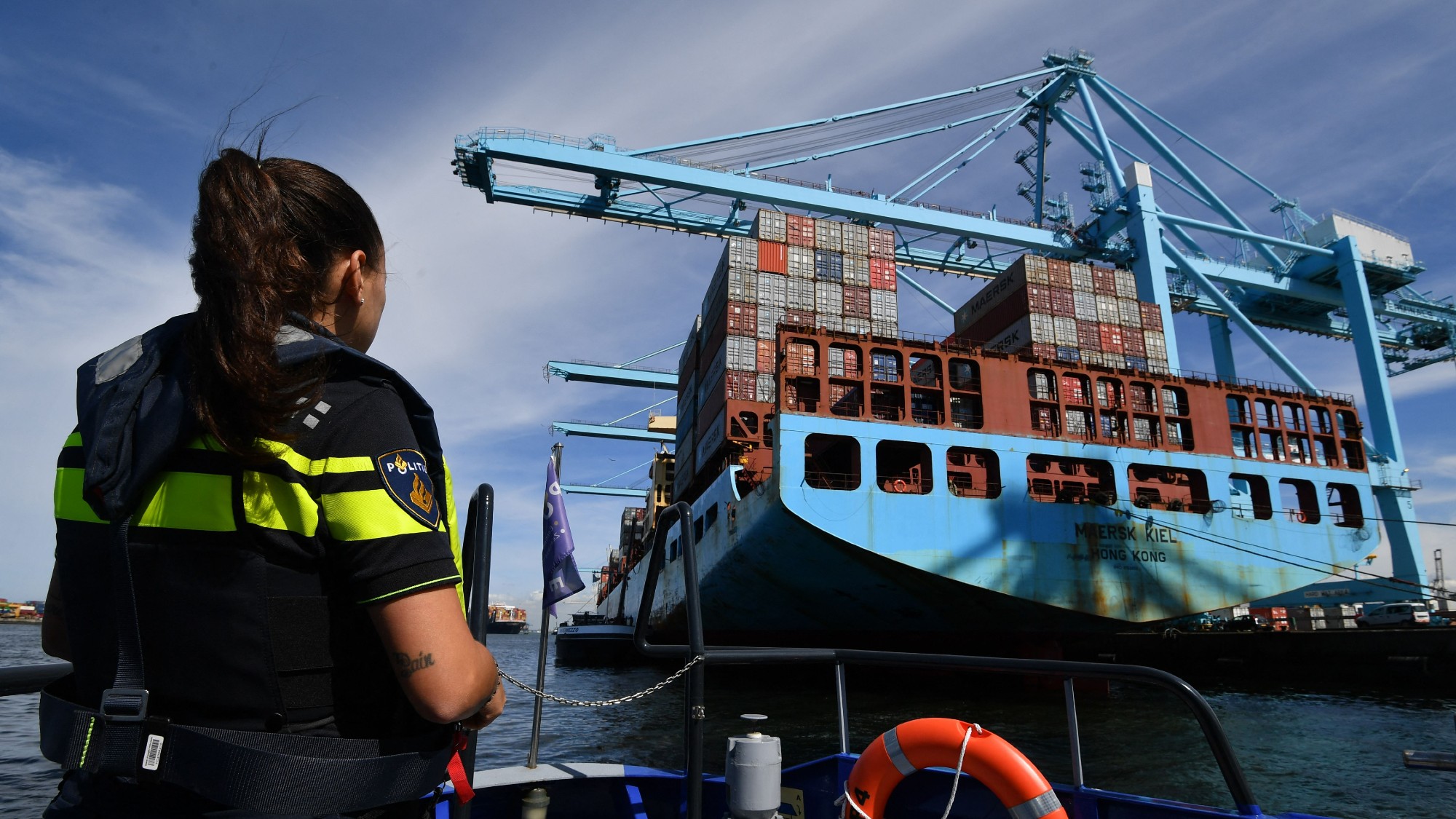 Europe's drug gangs in the spotlight
Europe's drug gangs in the spotlightThe Explainer The illegal narcotics trade is fuelling a surge in gang violence across the continent
-
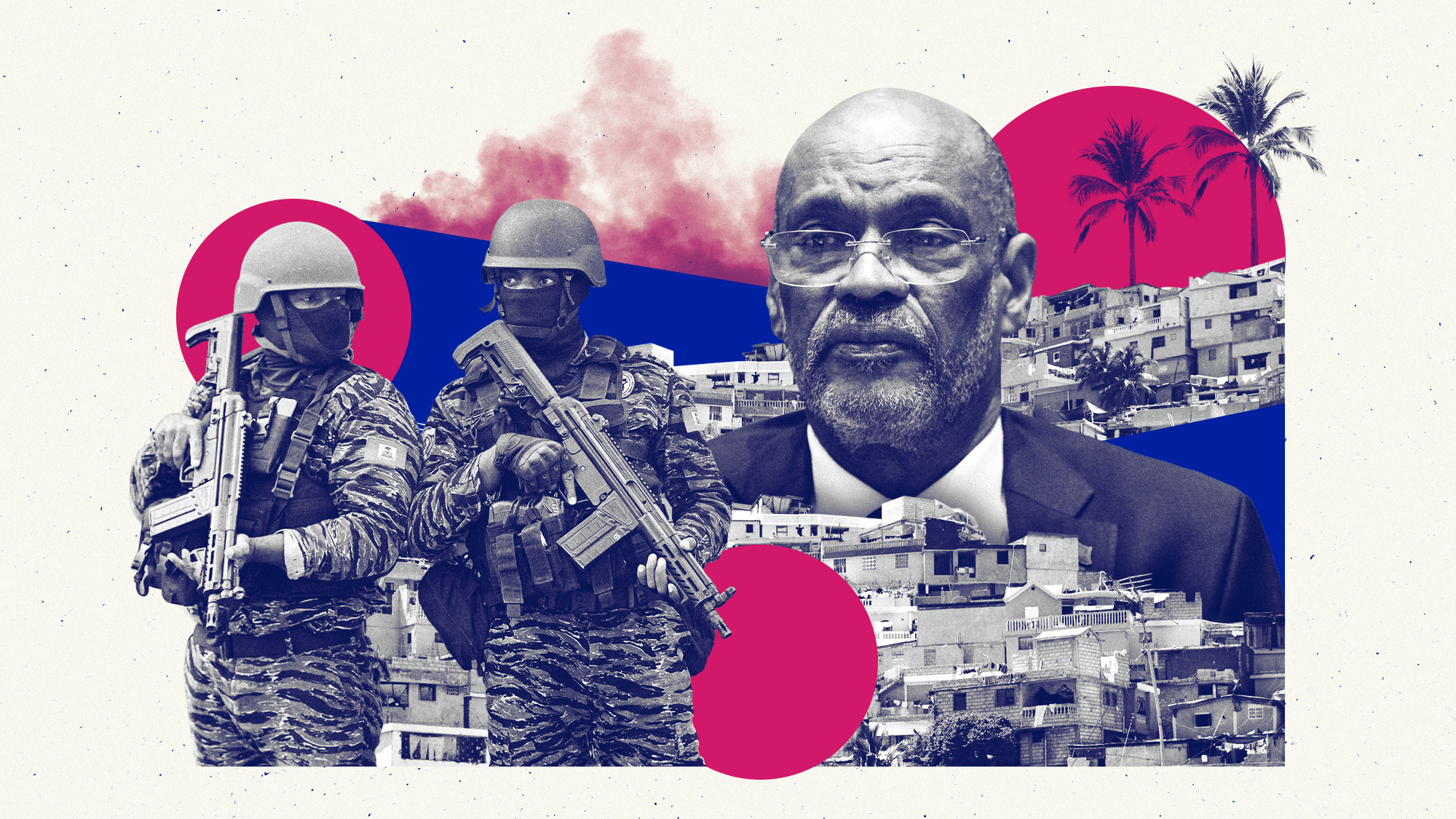 Haiti's mass jailbreak: what do gang leaders want?
Haiti's mass jailbreak: what do gang leaders want?Today's Big Question Gangs hope violence will bring down Prime Minister Ariel Henry amid a growing security and economic 'nightmare'